Early Ireland was a society that relied heavily on agriculture, and cattle were the most important form of wealth. In fact, cattle were often used as a form of currency, with the value of goods and services being measured in the number of cows it would take to buy them. This unique economic system was supported by the legal framework of Brehon Law, which regulated trade and commerce in Early Ireland.
Under Brehon Law, there were strict rules governing the ownership and transfer of cattle. For example, cows were classified into different types based on their age, breed, and condition, and each type had a different value. This allowed for a more precise valuation of goods and services, making it easier for people to conduct transactions and trade with one another.
Brehon Law also regulated the rights and responsibilities of buyers and sellers, ensuring fair dealing and protecting both parties from fraud or deception. For example, if a buyer purchased a cow that turned out to be sick or diseased, they had the right to return the animal and receive a refund or replacement.
Furthermore, Brehon Law provided a legal framework for resolving disputes related to trade and commerce. If a dispute arose between a buyer and seller, they could bring their case before a Brehon, who would listen to both sides and render a decision based on the law and the facts of the case. This ensured that disputes were resolved fairly and efficiently, without resorting to violence or retaliation.
As Ireland developed and its economy became more complex, Brehon Law adapted to meet the changing needs of the society. For example, the use of coins as a form of currency became more common, and Brehon Law regulated their use and exchange. Coins were valued based on their weight and purity, and strict penalties were imposed on those who engaged in counterfeiting or other forms of fraud.
In conclusion, the unique economic system of Early Ireland was supported by the legal framework of Brehon Law, which regulated trade and commerce and provided a fair and efficient system for resolving disputes. The use of cattle as a form of currency was just one example of how Brehon Law adapted to the needs of the society, and its legacy can still be seen today in the legal and economic systems of modern Ireland.
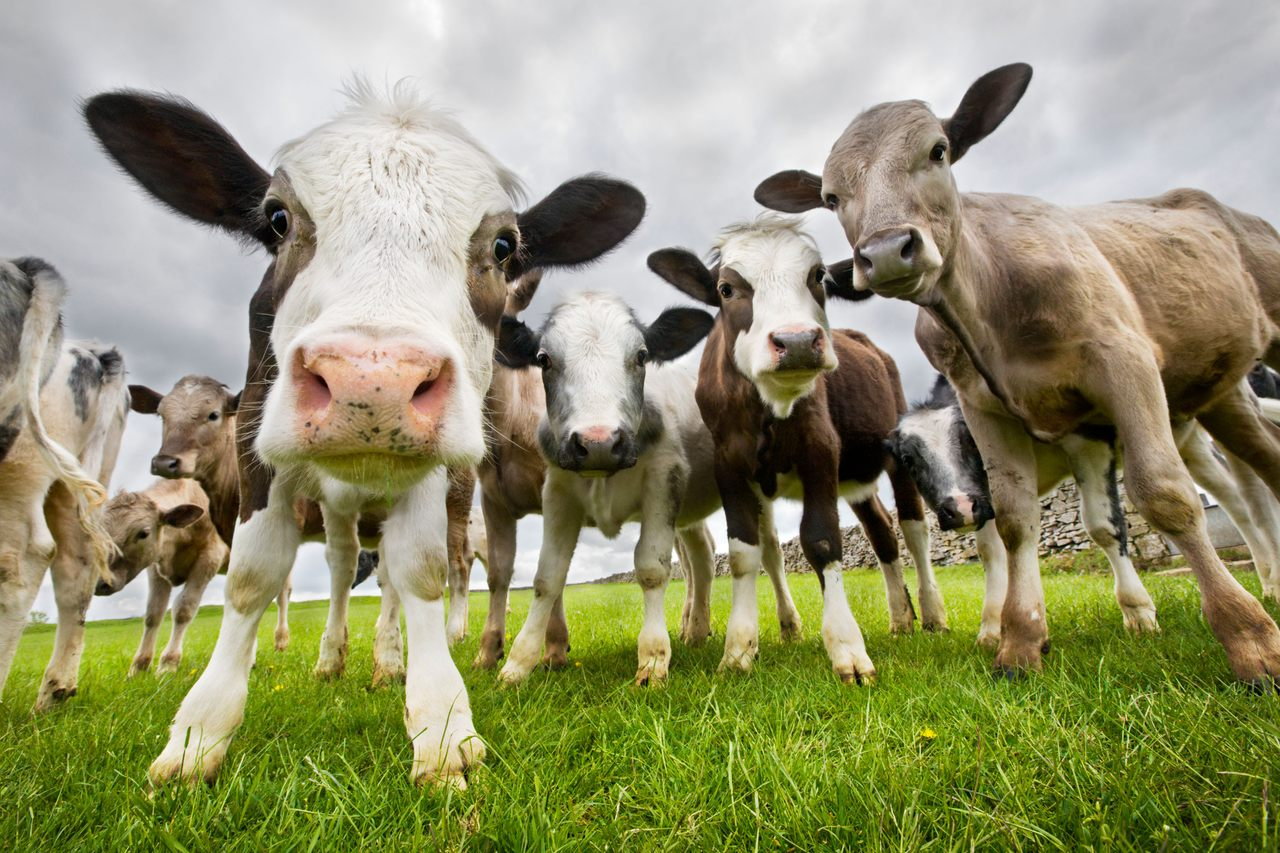
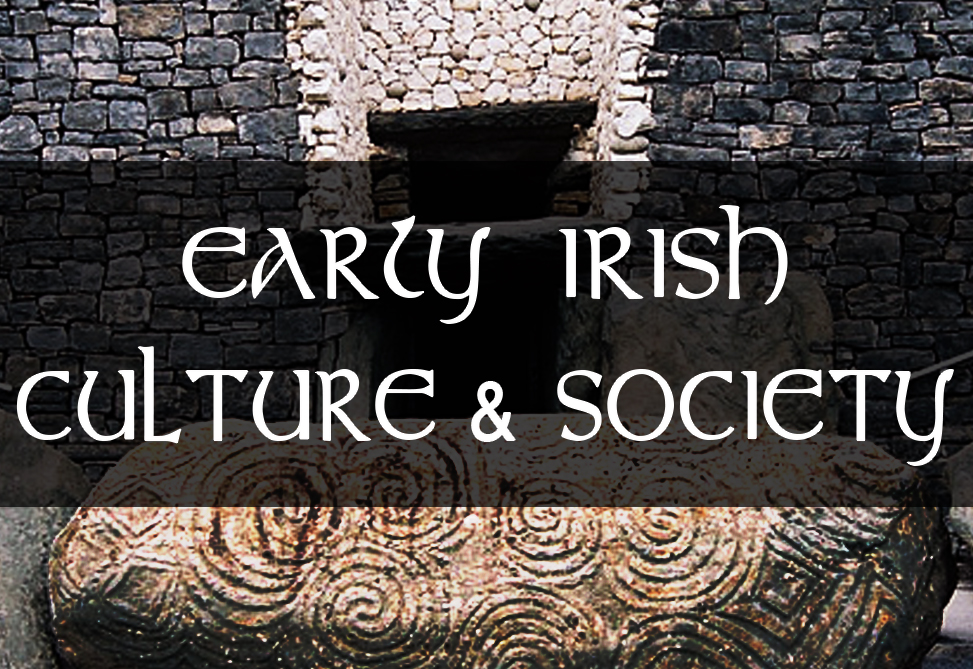
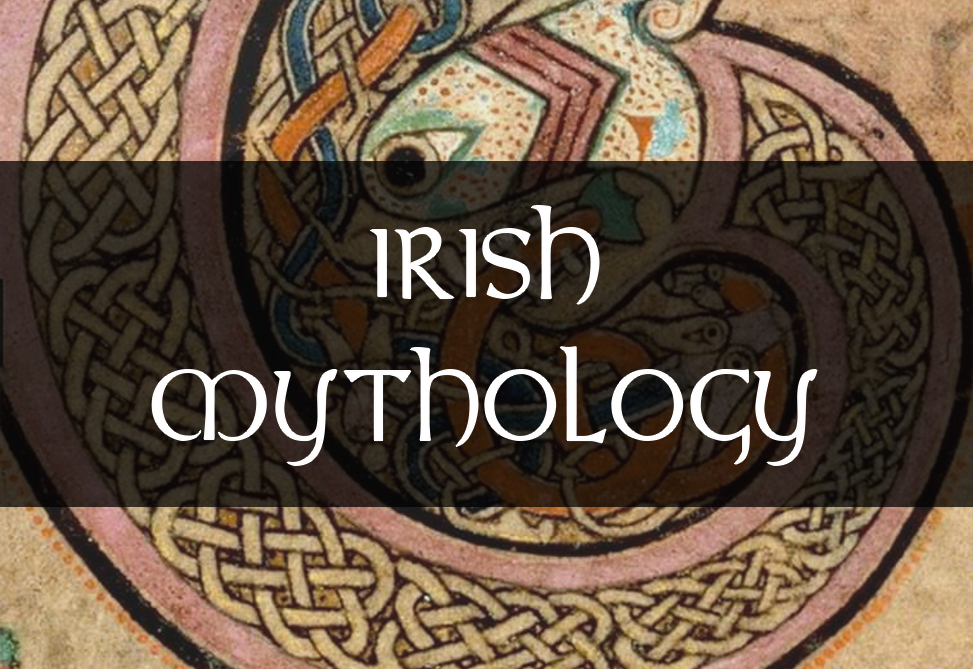
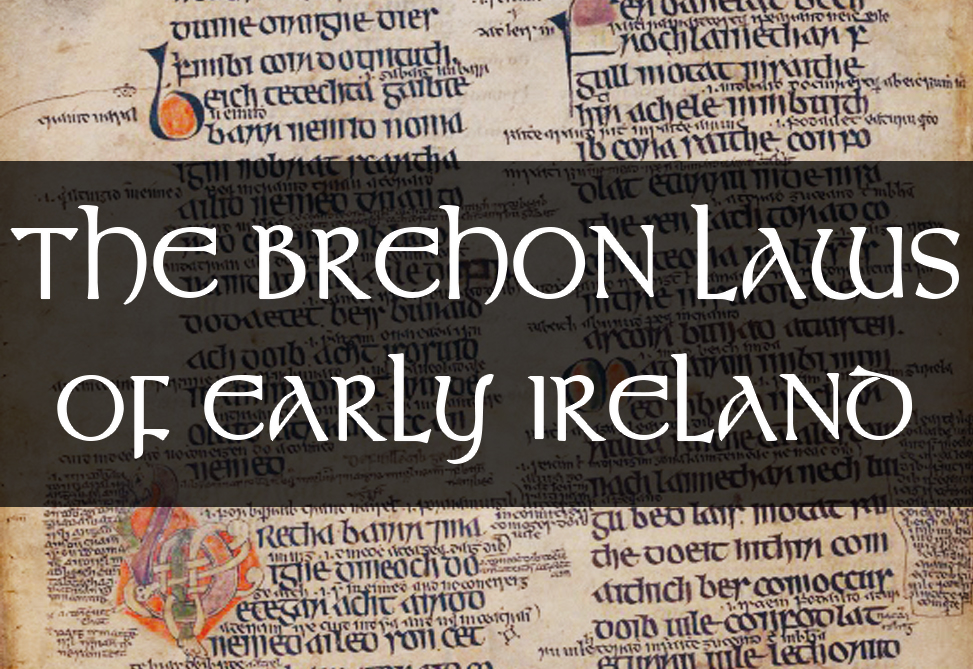

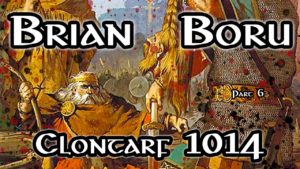
Pingback: What does beef agriculture mean to the island of Ireland? – Climate Ireland
Pingback: What does beef agriculture mean to the island of Ireland? – Headless test